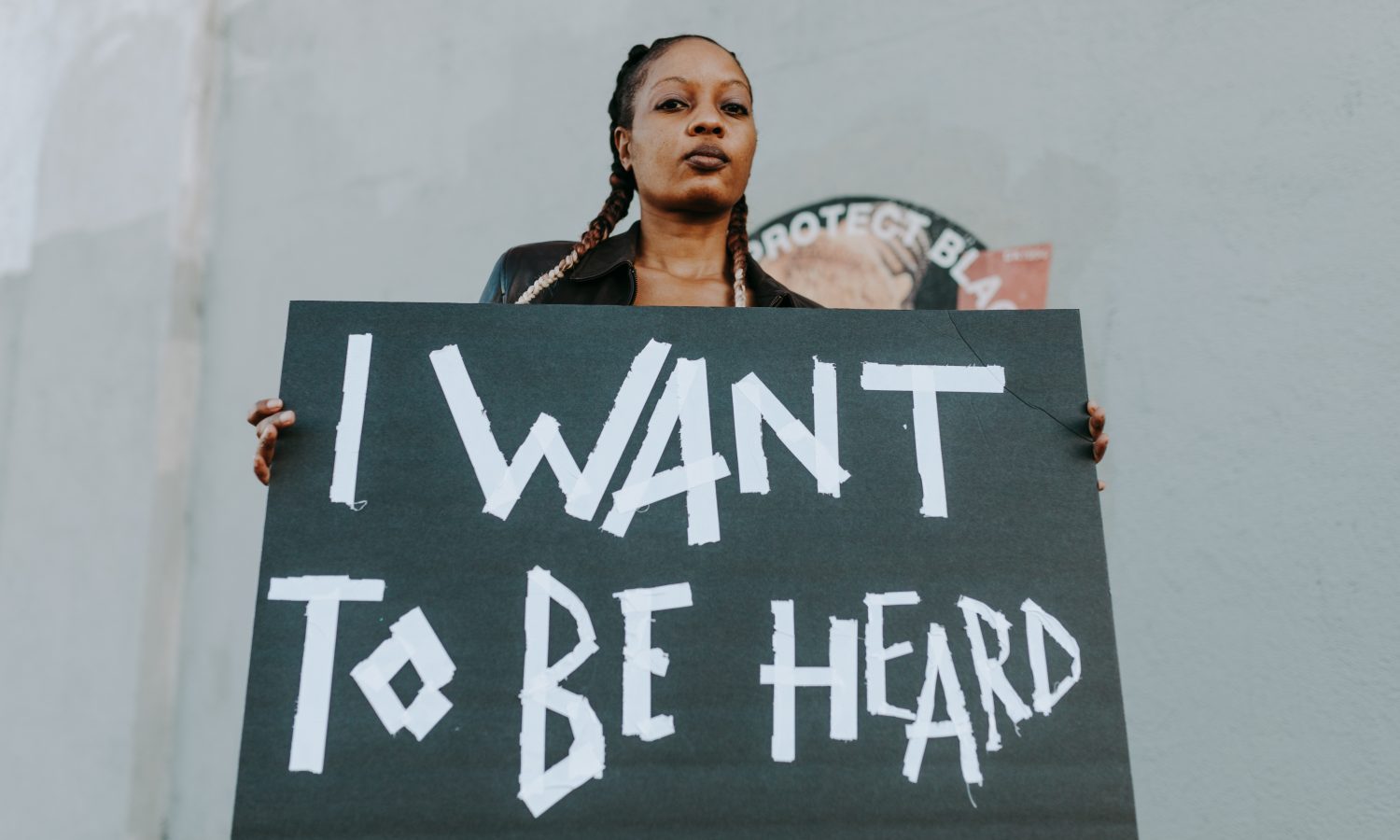Having calm political conversations is difficult, especially when speaking to a conspiracy theorist. Here are some tips that can assist.
Conspiracy theories abound, from fake 9/11, to fake moon landings. As egregious as this misinformation seems, these theories spread quickly and are capable of swaying thousands of people, from older relatives to young people who’ve grown up with the internet and understand how it works. Conspiracy theories are enraging, capable of influencing people’s votes, opinions and often result in fights and the ending of friendships.
While everyone has their personal capacity to put up with others, in times of stress and political unrest it’s impossible to avoid these theories, whether they’re from social media or friends and family. Despite the difficulty, it is possible to have a conversation with a conspiracy theorist without losing your mind. While you may not be able to sway their opinion (and they likely won’t change yours), you can try to reach middle ground and hopefully inform them and prevent them from spreading dangerous and incendiary information.
Here’s how to talk to a conspiracy theorist, or at least, how to try your best:
Work extra hard to stay calm
Politics make for very tricky conversations. When speaking to someone who’s defending a conspiracy theory, it’s important to stay calm, since getting heated will likely prompt a heated response and will escalate the discussion. Be aware of the setting where you are too; if you’re with other family members and are meant to be celebrating something, try to avoid a fight that will make everyone feel terrible. This will likely strengthen the other person’s belief in their conspiracy theory.
Try to see things from their point of view

Conspiracy theories often have an underlying root. “They are not just about right and wrong,” Psychologist Jovan Byford told the BBC, “but underpinned by feelings of resentment, anger and indignation over how the world works.” The person you’re arguing with is probably just as passionate as you are when it comes to their politics and it serves no purpose to fight without providing the space for reflection. Avoid dismissive responses and let them express themselves, using facts and common sense to debunk their beliefs.
Teach media literacy without being patronizing

While you may think that a conspiracy theorist is simply crazy and believes in everything they read, they usually do their research. Granted, this comes from unverified sources, like random YouTube videos and fake news spread through Facebook and Twitter, which is why it’s important for people to understand how information is spread in the media nowadays and how it can be manipulated.
RELATED: Scientists Say This Could Jeopardize A COVID-19 Vaccine
This is when it gets complicated, since there’s no easy way of saying “you don’t know how to read online news,” but it’s important to instruct people on how media works. If you have a position of power, if you’re a parent or have a job in media, you have the upper hand in explaining how this misinformation spreads. If someone’s using a fake image as evidence, point out what’s wrong with it or discuss the technologies that are capable of manipulating visuals. You can also provide them with an article that provides some basic information on how to separate fake news from real news.


